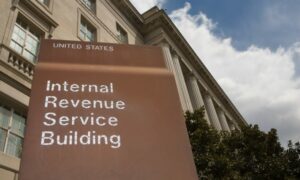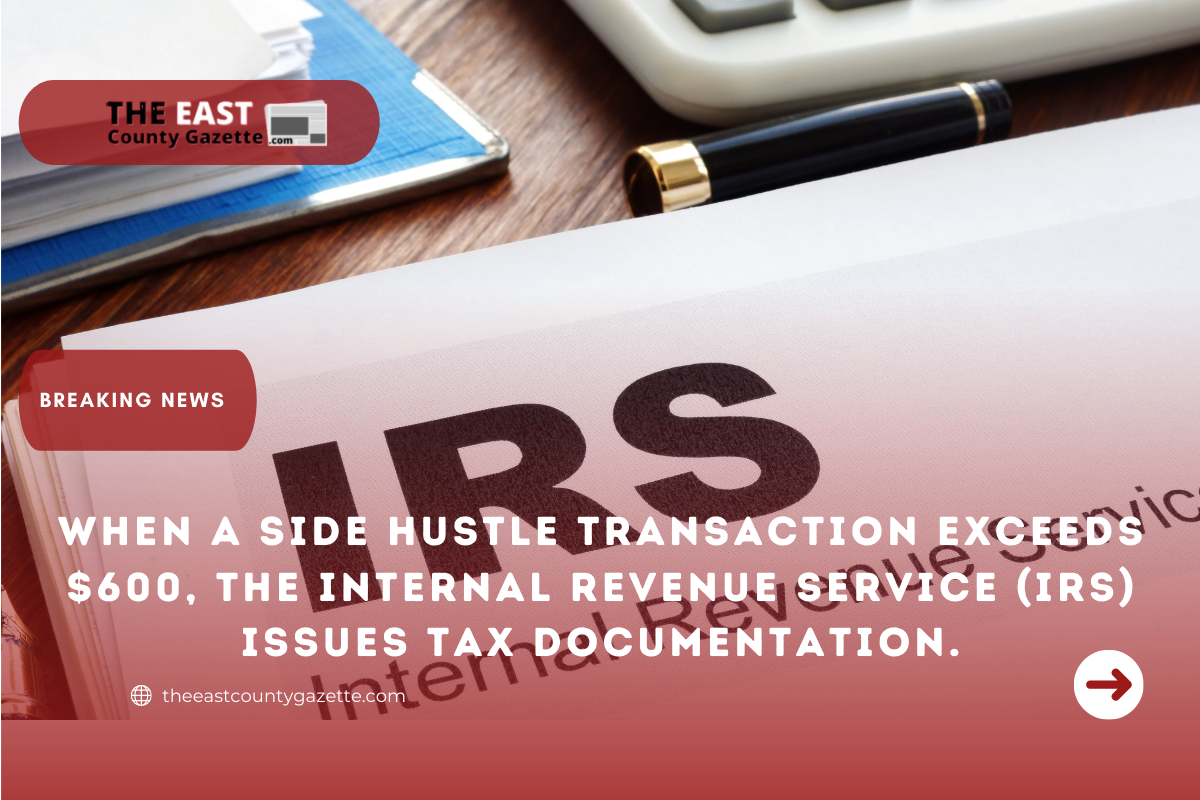Beginning this month, online business owners who sell their goods and services through platforms such as Venmo, Etsy, and Airbnb will be required to submit tax forms if they have received payments totaling more than $600 in one transaction.
As reported by The Washington Post, internet companies have recently warned customers of the impending changes and requested that they submit tax information to the IRS.

In a message to its users, Venmo explained that the barrier was previously significantly higher ($20,000 and 200 transactions), which meant that it didn’t affect nearly as many people until this year.
“This requirement only applies to payments received in connection with the sale of goods and services; it does not apply to payments received from friends and family.”
Read More: Omicron Variant Forces Cancellation of Every Concert and Festival Scheduled of 2022
The latest changes to the way people conduct business online sparked a widespread outcry on social media platforms. According to the Washington Post, the once-low barrier to entry into entrepreneurship enabled Americans to launch 5.4 million enterprises in the United States last year, according to figures released by the United States Census Bureau last week.
The proposed reforms are in direct contrast with President Joe Biden’s campaign vow to tax the wealthiest citizens of the United States.
It’s possible that the IRS may benefit from this, but it’s coming from small firms, not billionaires, according to Sandra O’Neill, a tax attorney, and partner at Bowditch & Dewey, who spoke to Bloomberg about the issue.
“Finding and apprehending billionaires is far more difficult. It is far more difficult to compete with Amazon. In the case of a tiny business, it is relatively simple to go after someone who has made a mistake.”
The Internal Revenue Service (IRS) collected payments from apps, marketplaces, and payment providers for customers who received over 200 transactions with a total value of more than $20,000 in a single year.
The new $600 baseline, which was implemented last year, is a component of the American Rescue Plan, which was unveiled by the White House in order to provide assistance to small companies affected by the pandemic.
As a result of COVID-19, service providers such as hairstylists were able to work for themselves rather than for commissions in established salons, thereby increasing their earning potential.
They accepted payments through Venmo, a service provided by PayPal Holdings Inc., and Block Inc.’s Cash App, according to Mary Rector, chief executive officer of the hairstyling community Behind the Chair.
“Knowing how long they were closed and how much money they lost only adds salt to injury,” said Rector, whose organization claims to represent 10 million hairdressers throughout the world.
It was because of these folks that Venmo became so popular. “These people went out on their own, they started doing house calls, they started renting chairs – that’s why Venmo became so popular.”

